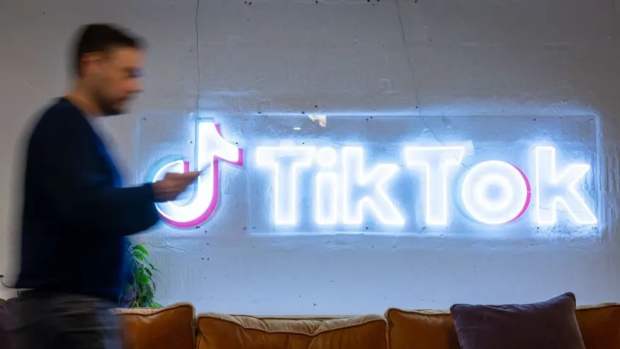
Ireland cannot dance around growing privacy concerns
A busy week in technology has seen the headlines dominated by the collapse of Silicon Valley Bank and a new iteration of large language model (LLM) artificial intelligence (AI) from OpenAI. It would be understable then, if shots fired across the bow of a social media platform escaped people’s attention. Nonetheless, events are moving at a fairly dramatic pace.
The United States government has launched an investigation into TikTok’s operations over apparent improper access to US citizens’ personal information, and the Biden administration is now considering banning the site altogether. Apparently, in a move more likely to create mirth than anything else, TikTok’s planned response is to flood the US capital with influencers.
Clearly concerns are growing, though, and not just in the United States. A lengthy report submitted to the Australian parliament concludes that “it is not possible for TikTok to operate independently of [its parent company] ByteDance in Beijing for reasons including the sharing of technical and human resources across the global corporate groups”. Meanwhile, over in Britain, this week the BBC asked all staff to delete TikTok from their mobile phones, unless they have an editorial or business reason to keep using it. Effectively a soft ban, then. This follows a ban for government employees following an assessment by Britain’s National Cyber Security Centre.
Central among concerns is that data compared could be being repatriated to China, where it would then be subject to government intrusion. TikTok denies this, but fears persist – and the first dominoes are beginning to fall. Posting on Twitter, the BBC’s technology editor Zoe Kleinman compared TikTok’s denials to those made by Huawei in the past. If the characterisation is correct, TikTok, and its parent ByteDance, could be in for a rough time in the coming months and years.
All of this is coming at a time when ties between the West and China are frayed, to say the least. Indeed, Chinese leader Xi Jinping’s ongoing visit to Moscow, ostensibly to encourage peace talks between Russia and Ukraine, is being widely seen as part of a drive to create an economic axis that does not centre on Washington DC. In such a febrile atmosphere, Chinese technology firms, from chip manufacturers to simple e-commerce, are increasingly viewed as cat’s paws for the Chinese state in a peculiar economic cold war that may even have the potential to one day turn hot.
One place we do know TikTok stores data, of course, is Ireland: in February, the company announced plans to open a second data centre in the country. But it is not all green fields for the video sharing site. Irish MEP Colm Markey last week argued that the government should order the removal of TikTok from all government-issued devices.
Notably, the European Commission, the European Parliament and a number of countries have already ordered staff to stop using the app. And this is the real issue for Ireland: already being criticised for its, as others countries see it at least, lax data protection enforcement, the country – which is also viewed as a grey-skied tax haven that is, at best, warping European Union GDP figures – can ill afford to anger other EU nations by being seen as a soft touch on data.





Subscribers 0
Fans 0
Followers 0
Followers